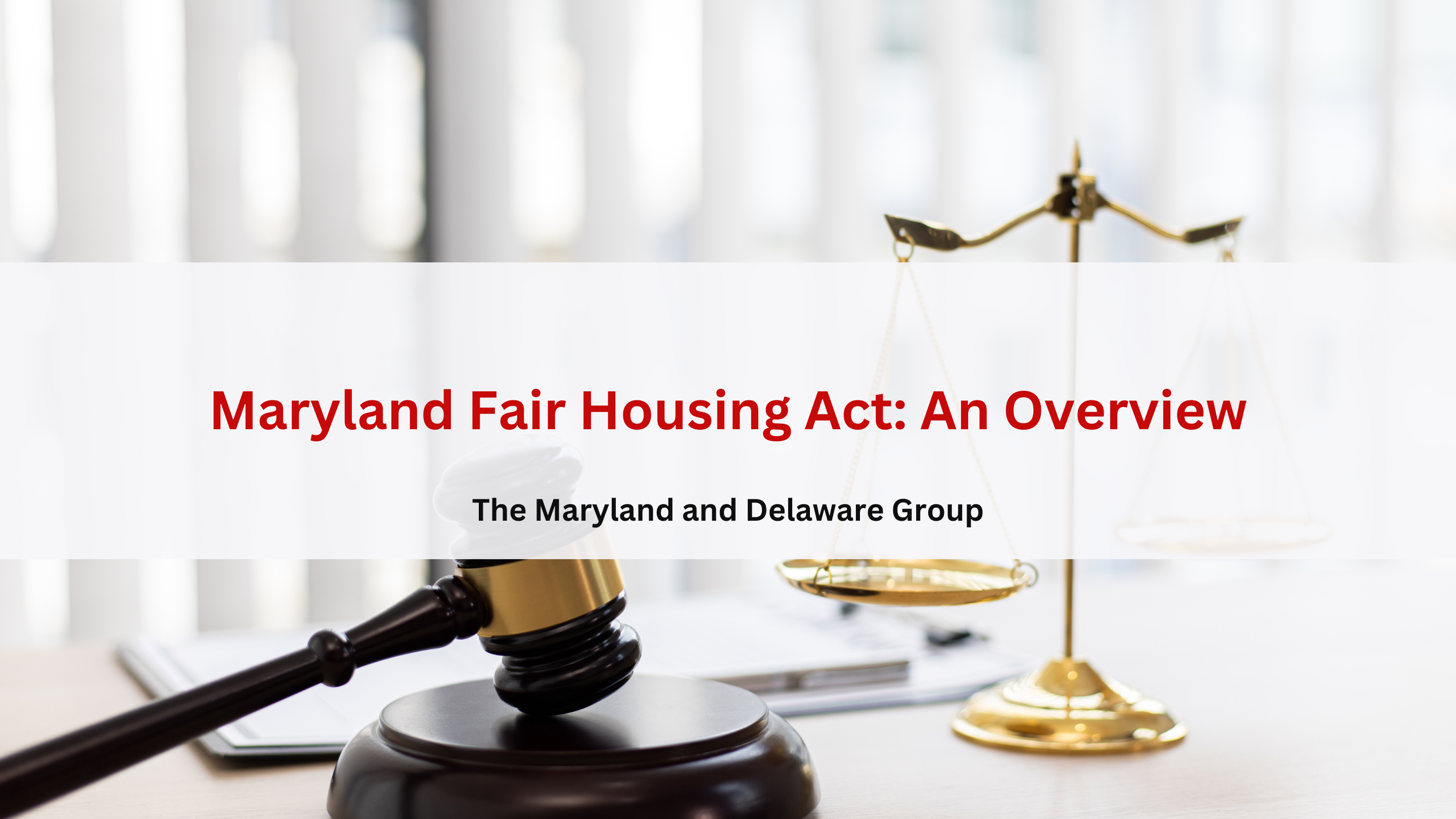
Landlording involves more than collecting rent checks; it includes significant legal obligations. One critical aspect is understanding and complying with Landlord-Tenant law.
This guide explains what the Maryland Fair Housing Act entails, who enforces it, the actions landlords must avoid, and tips for ensuring compliance.
What Is the Fair Housing Act?
The Fair Housing Act requires landlords, home sellers, mortgage providers, and other housing professionals to treat clients fairly based on protected classes.
Two layers of protection exist, both at the federal and state level. The federal anti-discrimination law is known as the Fair Housing Act of 1968. It requires housing providers to treat their clients fairly based on seven protections. The protections are race, color, religion, nationality, disability, sex, and familial status.
Various states, including Maryland, have also passed legislation to add extra protections for their citizens. This act adds four extra protections: marital status, sexual orientation, source of income, and gender identity.
What Is the Origin of the Federal Fair Housing Act?
Before 1968, housing discrimination in the U.S. was widespread and deeply ingrained, often enforced through practices like redlining, restrictive covenants, steering, and blockbusting. These practices contributed to significant disparities in home ownership and access to resources.
The Federal Fair Housing Act of 1968 was a crucial milestone in combating this discrimination. Although it didn't eliminate housing discrimination immediately, it established a legal framework to challenge and reduce it.

The Act was signed into law by President Lyndon B. Johnson after persistent advocacy by civil rights leaders like Martin Luther King Jr. and Roy Wilkins. Initially, it protected against discrimination based on race, color, nationality, and religion. Amendments in 1974 and 1988 expanded protections to include sex, familial status, and disability.
Additionally, the Act prohibits evictions based on any of these protected characteristics, ensuring that eviction decisions cannot be made on discriminatory grounds. Therefore, landlords should follow proper eviction process when needed.
Who Oversees Fair Housing in Maryland?
The Maryland Commission on Civil Rights is responsible for enforcing fair housing laws in Maryland.

Landlords must avoid the following prohibited actions:
Refusing to rent out your vacant property to a qualified prospective tenant based on the tenant’s race, color, or other protected characteristics.
Asking discriminatory questions, such as those about marital status, disability, or nationality.
Using discriminatory terms and conditions in the lease agreement. For example, saying in the lease that children are not allowed.
Using discriminatory statements in your rental ad. For instance, saying that you’re only looking for a female occupant or only renting to Hispanic renters.
Treating a renter differently from other renters because of their race, color, religion, or other protected classes.
Harassing or intimidating a tenant based on a protected class.
What Are the Penalties for Housing Discrimination in Maryland?
If found guilty of housing discrimination, you may be liable for the following penalties.
Monetary damages: This can include compensation for emotional distress and actual damages.
Injunctive relief: A court order may require you to rent to the discriminated tenant.
Civil penalties: You can become liable to pay the individual significant fines and penalties.
Additional fees: You may also be liable to pay other fees, such as court and attorney fees.
How Can Landlords Ensure Compliance With the Fair Housing Act?
To mitigate the risk of housing discrimination complaints, landlords and property managers should adhere to the following guidelines:
Avoid inquiries about protected classes: Refrain from asking questions about an applicant's race, color, religion, sex, national origin, familial status, or disability. These details are irrelevant to tenancy qualifications.
Focus on tenancy-related criteria: Base tenant selection on factors directly related to the rental property, such as rental history, income verification, creditworthiness, and ability to comply with lease terms.
Apply standards consistently: Ensure that the same selection criteria are applied uniformly to all applicants, regardless of personal characteristics.
Use inclusive language: Avoid discriminatory terms or phrases in advertising rental properties. The goal is to attract a diverse pool of qualified applicants.
Welcome families with children: Landlords may not discriminate against families with children. All applicants, including those with children, must be given equal consideration.
Accommodate disabilities: Make reasonable modifications to policies, practices, and services to accommodate individuals with disabilities. This includes providing access to common areas and units, making physical modifications, and allowing service animals.
What Are the Exemptions to the Fair Housing Act?
The exemptions are:
Housing for older adults (55+): These communities can prioritize residents aged 55 or older.
Private clubs and religious organizations: They may give preference to members or their faith.
Owner-occupied housing: Small owner-occupied properties with limited units may qualify for exemptions under certain conditions.
However, these exemptions have limitations and cannot be used to discriminate.
Final Thoughts
Complying with the Maryland Fair Housing Act is essential for successful property management. Treating tenants fairly and equitably will not only keep you within the law but also contribute to long-term success as a landlord.
If you need expert assistance in legal matters like security deposit laws, and the Fair Housing laws, contact The Maryland and Delaware Group Property Management. We're here to help with full-service property management in the Eastern Shore area.
Disclaimer: Please note that the information provided in this blog is intended for general guidance and should not be considered as a replacement for professional legal advice. It is important to be aware that laws pertaining to property management may change, rendering this information outdated by the time you read it.



